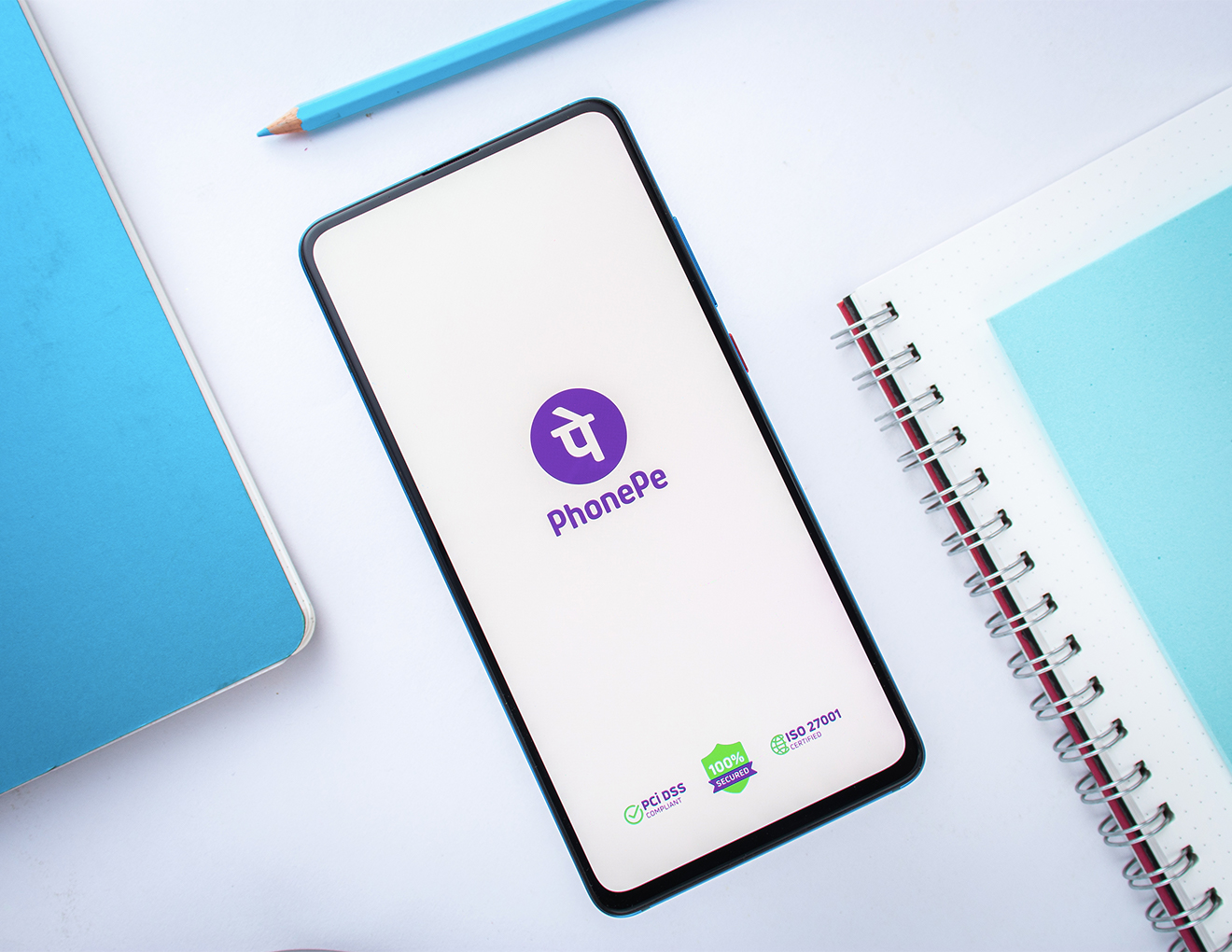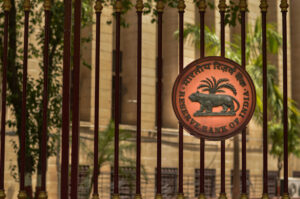The Delhi High Court had dismissed the injunction plea by PhonePe in April
PhonePe has still not dropped the original lawsuit against BharatPe over trademark infringement
The Court has found the evidence presented by PhonePe to be “insufficient”

Walmart backed Indian digital payments firm PhonePe withdrew its motion challenging an order passed by the Delhi High Court in April where a single-judge bench had declined to issue an injunction order against Sequoia-backed BharatPe for using the suffix ‘Pe’.
The division bench of Justices Manmohan and Navin Chawla passed an order on June 1, stating that PhonePe’s lawyers had informed the court that they did not wish to press the appeal.
The Delhi High Court had dismissed the injunction plea by PhonePe in April 2021, upon which PhonePe had filed an appeal challenging the dismissal.
The court said that it “has not examined the present appeal on merits” and “the controversy that may arise in future between the appellant (PhonePe) and the third parties shall be decided in accordance with law and facts of that case”.
According to the court’s order issued on 15th April, the evidence presented in the case was insufficient to come to a definitive conclusion that the ‘Pe’ suffix is indelibly associated with PhonePe’s services.
PhonePe confirmed that they have not withdrawn their original commercial lawsuit against BharatPe which was filed in 2019 where they accused BharatPe of trademark violations.
“We had filed for an injunction almost two years ago to get temporary reprieve until the main trial started,” a PhonePe spokesperson said. “Given that the injunction ruling took two years to come, it had partially lost its meaning in time anyway because BharatPe continues to actively plagiarise our mark ‘Pe’. Our main recourse was always going to be decided in trial,” they added.
PhonePe has also declined the possibility of reaching out to BharatPe for a settlement.
Ashneer Grover, founder and CEO of BharatPe said in a statement, “It would have been a travesty of justice if foreign-owned PhonePe would have been allowed to monopolise [the] Hindi word ‘Pe’,” and that “This was never a case on merit – it was flexing of muscles by Chinese Tencent and American Walmart backed, PhonePe, against homegrown BharatPe.”
BharatPe was founded in 2018 by Ashneer Grover, Bhavik Koladiya and Shashvat Nakrani. It is focused on providing merchants a payments platform that offers a single interface for all existing UPI apps and other payments systems. In 2019, the company branched out into lending and other verticals. BharatPe claims to be one of the largest B2B fintech lenders in India, having disbursed loans worth INR 1,600 Cr to more than 2 lakh merchants since it launched its lending business. The company expects to disburse INR 14,000 Cr in business loans by March 2023.
It had raised INR 50 Cr in debt from Northern Arc Capital. Before that, it had raised $283.5 Mn in six funding rounds from 16 investors. Its last funding round was in February, a Series D round worth $108 Mn led by Coatue, which led BharatPe to be valued at $900 Mn.
This suit is not the only bit of legal trouble PhonePe is embroiled in. PhonePe was in the final stages to acquire mobile operating system startup IndusOS with the deal valued at approximately $60 million. Affle Global, which is a minority investor in Indus OS, filed a suit against PhonePe’s bid for the content discovery platform in a Singapore Court, Economic Times reported.
The relatively older, Walmart-owned, PhonePe was founded in 2015 by Sameer Nigam, Burzin Engineer and Rahul Chari. It has been trying to go public by 2023 as a separate entity in the US or India, eyeing a valuation of $7- $10 Bn. Morgan Stanely had valued PhonePe at $7 Bn. It had also highlighted that the company could be worth as much as $20 Bn. PhonePe has been looking to diversify its portfolio after the government’s zero MDR (merchant discount rate) rule which leaves very little revenue potential in UPI alone, and this remains a key aspect of the company’s plan to go public.










